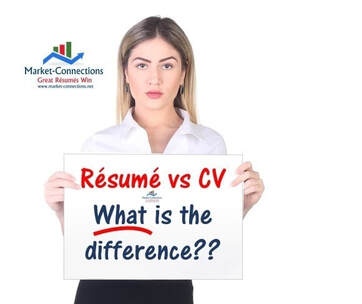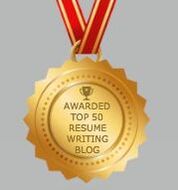What Does CV Stand ForCV stands for "Curriculum Vitae" which is a Latin word. What Does CV Mean?"Curriculum Vitae" means "Course of Life". Resume vs CVA CV is a collection of documents that describe your education and professional history, focusing on your accomplishments and showcasing a higher level of detail than a resume. People most typically using CV as a form of application are seeking positions in education, entrance into graduate and post-graduate programs, or research, and they are required to discuss their professional philosophies. A resume is limited to a maximum of two pages in length. However, a CV is a collection of content and is not limited in the number of pages used (four or five pages are considered average, but given the experience and accomplishments, the length can vary). CURRICULUM VITAE A CV and a resume are similar in context, but a CV has a more noticeable focus on scholastic achievements and professional accomplishments and accolades. Unlike your resume, a CV would contain information on scholarships you may have received, essays, or research you have completed and published, grants you received, community and volunteer work, teaching philosophy, etc. You will begin by listing your career objective in a summarized form to showcase your commitment to your goals, and the actions you are willing to take to achieve those goals. Whatever your career, start your CV with a brief outline of your career philosophy and your professional goals. Focus on goals that are aligned with the philosophy you have introduced. Immediately following your goals, list your achievements, highlighting your education first. Here, you can mention your thesis project or dissertation, courses that support your career objective, publications & research (in progress or completed), certifications, studies abroad, languages, etc. Your experience should be included next, focusing on the work history that supports your career objective. This should conclude your CV. RESUME A resume is a concise document that outlines your experience, results, and academic background. Your contact information (name, location, email, phone number, LinkedIn) should be listed at the top of your resume. It should not contain personal information that discloses ethnicity, sexual orientation, marital status, age, living situations, or any other personal information that is not directly related to your career. You must have an opening section. Be it a Title, a Summary, or an Objective section, we need an opening. Do not begin listing your work experience right after your contact information. A brief starting section for the resume should give your potential employers an idea of how you wish to move forward in your professional life. A concise profile or opening section should discuss who you are and how your skills and experience best apply to the job you are interested in. Personal profile/summary should only contain a few well-written sentences that convey what you can bring to the table in terms of the specific job. Use this section to attract the employers’ attention, but don’t go overboard in trying to be creative; stay professional. Next, you should list your work experience in reverse chronological order. Leave your education for the end, unless you graduated less than two years ago. Your experience listing should include information on one to five jobs you've held, starting with your current or last job, and listing previous positions thereafter. Your education should include college, graduate & post-graduate work, as well as any courses or professional certifications that are relevant to your career development. Achievements, volunteer positions, publications, and affiliations should only be listed if they apply to your professional work experience. CONCLUSION If you are unsure which form of application to use, do the appropriate research, and create a resume or CV that best fits the format commonly accepted in your industry. If you need help, start here. Frequently Asked QuestionsWhat Does CV Stand For?
CV stands for "Curriculum Vitae" which is a Latin word.
What Does CV Mean?
"Curriculum Vitae" means "Course of Life".
What Is The Difference Between A Resume And A CV?
A CV and a resume are similar in context, but a CV is significantly more detailed, has a more noticeable focus on scholastic achievements and professional accomplishments and accolades. It even inclused one's professional and/or academic philosophy.
|
Categories
All
powered by Surfing Waves
AuthorMandy Fard is a Certified Professional Resume Writer (CPRW, CMRW) and Recruiter with decades of experience in assisting job seekers, working directly with employers in multiple industries, and writing proven-effective resumes. Archives
July 2024
|
-
Greater Los Angeles
and Kern County
-
[email protected]
.




 RSS Feed
RSS Feed



